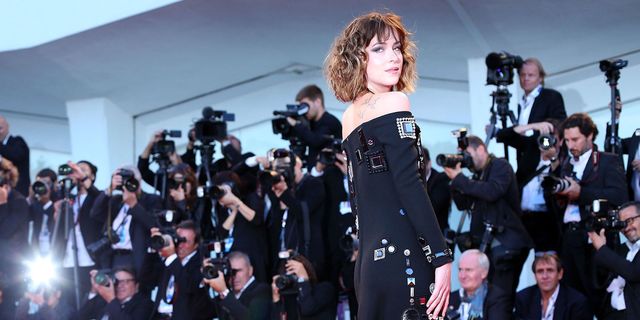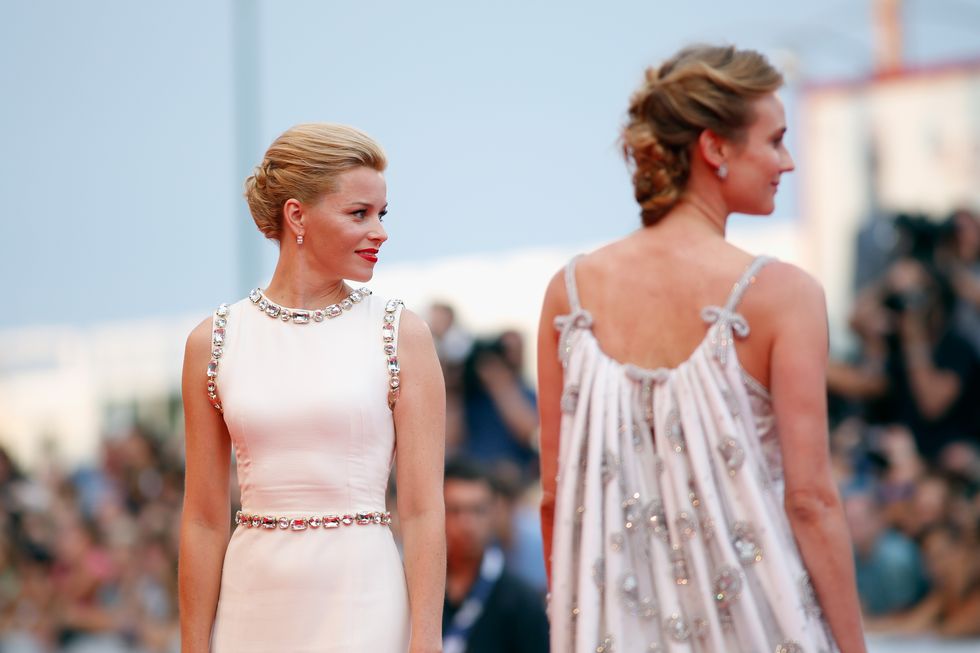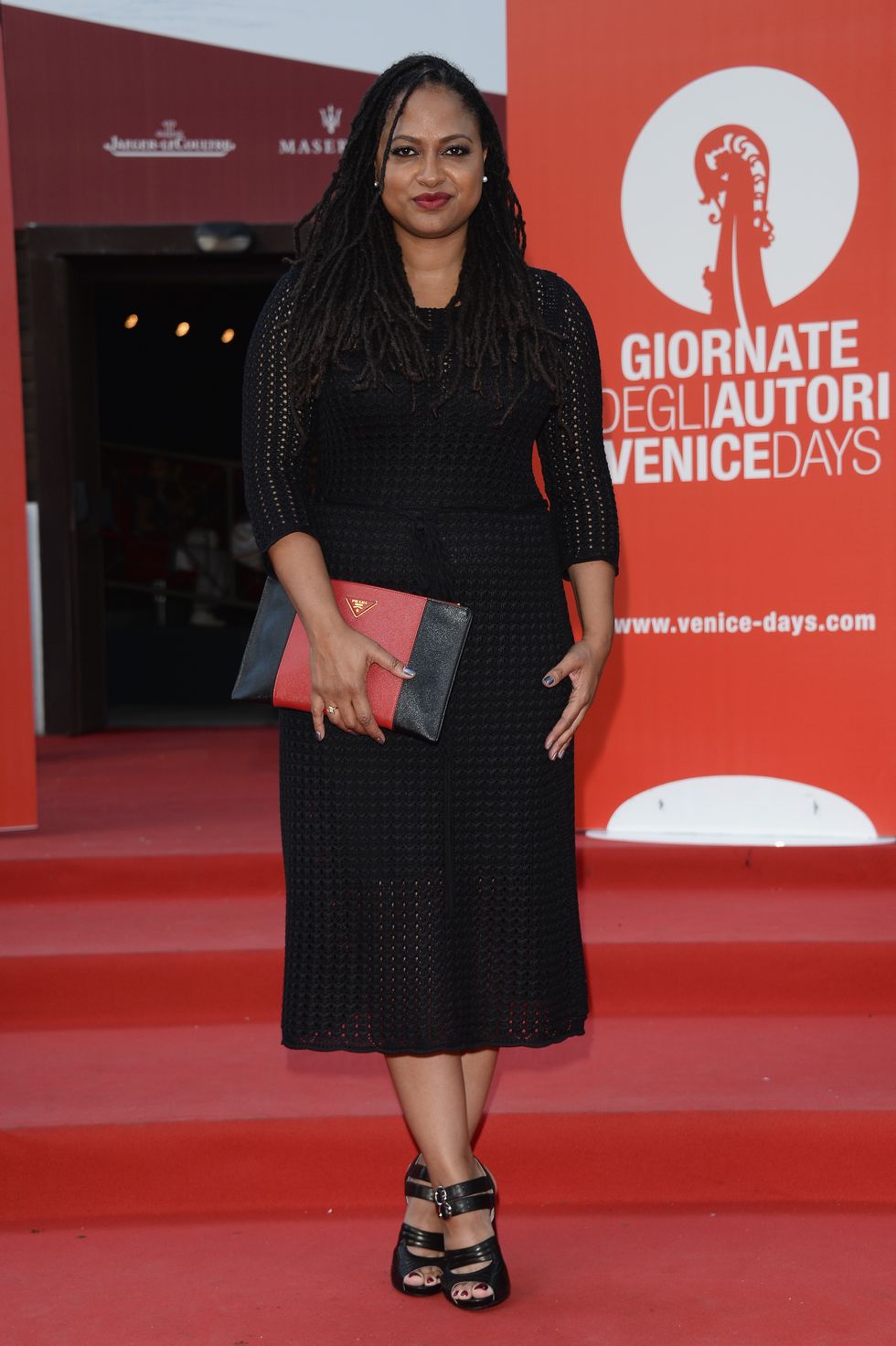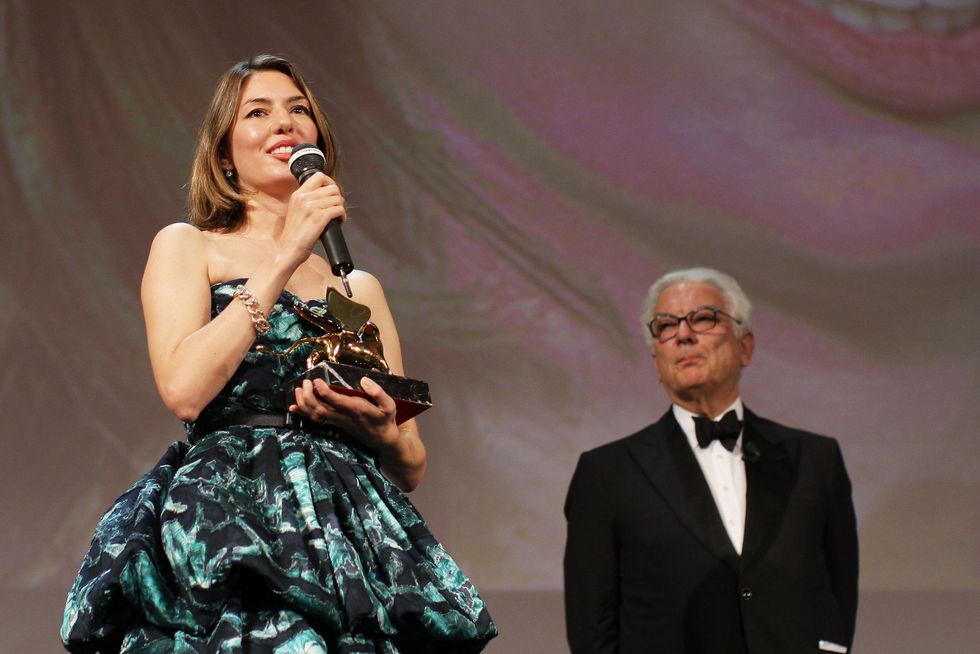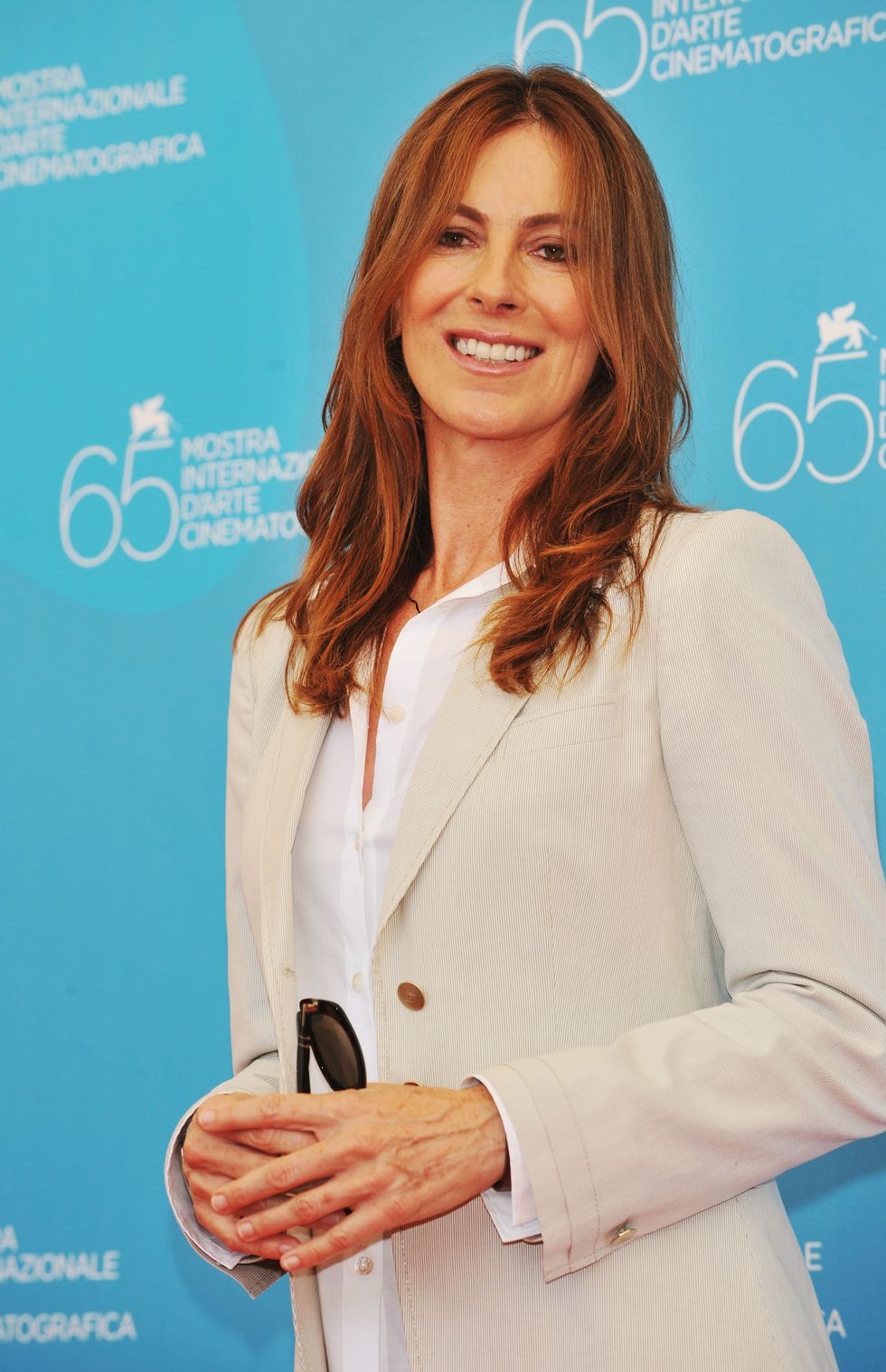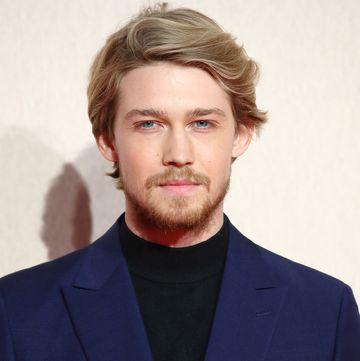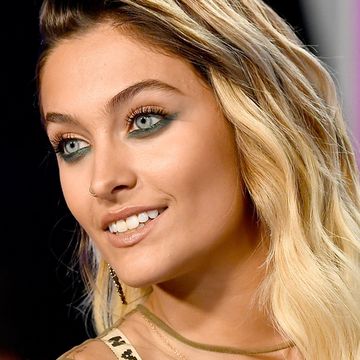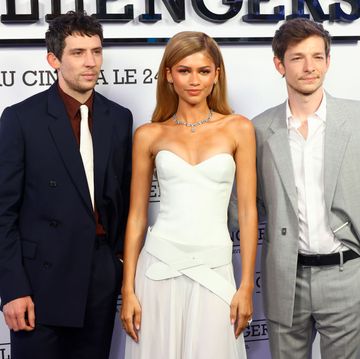With cinematographic successes from the likes of directors Kathryn Bigelow, Ava DuVernay, Patty Jenkins, and Sofia Coppola, you'd think we'd have at least made a scratch on the glass ceiling when it comes to women rising up the ranks in the film industry.
However, it appears the Venice Film Festival in particular is still, what The Hollywood Reporter calls, 'yesterday's old boys club', if this year's line-up is anything to go by.
Of the 20 films screening in competition this year in Venice (which runs 30 August - 9 September) only one - Vivian Qu's Angels Wear White - was directed by a woman.
Seriously, just one.
But, according to the director of the festival, Alberto Barbera, the festival isn't to blame.
'I don't think it's our fault,' Barbera told THR. 'I don't like to think in terms of a quota when you make a selection process. I'm sorry that there are very few films from women this year, but we are not producing films.'
Following the Cannes Film Festival - whose 18 competition films included just three from female filmmakers and saw the likes of Jessica Chastain criticise the depiction of women on screen as 'disturbing' - it seems Venice is taking a backward step in encouraging and nurturing female talent.
However, Qu agrees with Barbera that the Venice film festival's male-dominated competition is a by-product, and not a catalyst, of the issue.
'Of course I wish there were more female filmmakers presented in the festival,' she says.
'[But] to go to the root of the problem, if more women were encouraged to work in film and had the opportunity to take on major creative roles, I'm sure we will see more and more films by women.'
But surely the blame for the lack of gender equality doesn't lie solely with the production side of the film industry?
Martha Lauzen, executive director of the Center for the Study of Women in Television and Film at San Diego State University argues: 'I've heard festival organisers and programmers from some of the larger festivals take very defensive positions on this issue, stating that women's underemployment as directors is a reflection of the larger film industry and thus not their problem.
'This posture strikes me as a case of passing the buck', she added.
Instead, she said festivals such as Venice need to assess how they're choosing films for the competition and what kind of members make up their committees.
'Do they favor choices that have been made in the past? If so, it is likely that they may be perpetuating bias,' she claims.
Despite controversy surrounding the fact several female-directed films are also screening out of competition, Barbera argues that a film often has more success away from the Venice Film FEstival spotlight and that their screening location has nothing to do with gender parity.
'When you are in competition, for example, the expectation from the press is higher. If the film is not good enough it means that the response from critics and audience will be worse than in other cases,' he says.
'I think it's the only way to think in terms of programming. What we ask ourselves is will we help the film by putting it in competition or outside the competition?
'I won't put a film in competition only because it's a female film or whatever. I don't think that will help the film,' he added.
However, Lauzen says that by suggesting there's a sense of duty to include female-directed films, suggests the festivals would be lowering its standards.
'It implies that all films made by women are somehow inferior to films made by men,' she says. 'Making room for gender diversity or diversity of all kinds does not also require the lowering of one's standards.'
As with all industries, addressing gender equality starts at the grassroots level and it is everyone's responsibility - whether you're a CEO or intern - to ensure this happens.

Katie O'Malley is the Site Director on ELLE UK. On a daily basis you’ll find Katie managing all digital workflow, editing site, video and newsletter content, liaising with commercial and sales teams on new partnerships and deals (eg Nike, Tiffany & Co., Cartier etc), implementing new digital strategies and compiling in-depth data traffic, SEO and ecomm reports. In addition to appearing on the radio and on TV, as well as interviewing everyone from Oprah Winfrey to Rishi Sunak PM, Katie enjoys writing about lifestyle, culture, wellness, fitness, fashion, and more.
